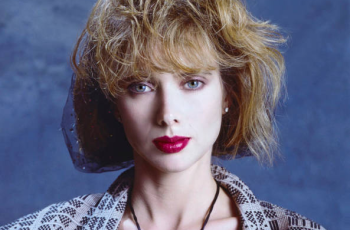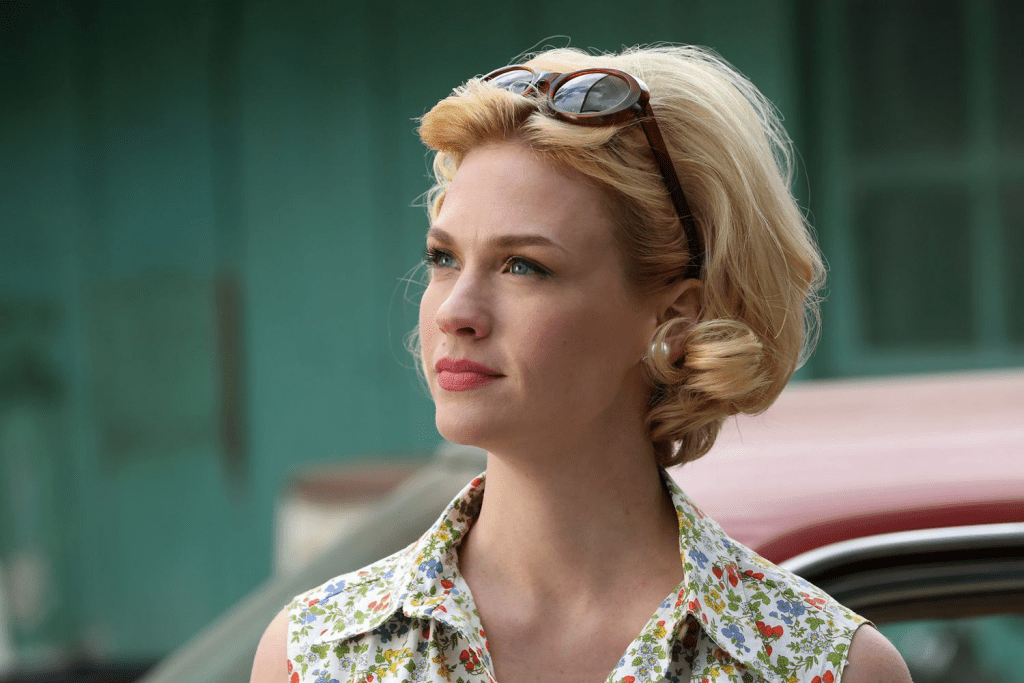
Rosanna Arquette has enjoyed a long, successful, and varied career in the entertainment industry. As one of the most recognizable faces in Hollywood, Arquette’s journey reflects the highs and challenges of navigating a demanding industry while staying true to her unique artistic identity. In this article, we delve into her life story, her rise to prominence, and where she stands today. This is the definitive guide to understanding the legacy of Rosanna Arquette.
Born on August 10, 1959, in New York City, Rosanna Lisa Arquette grew up in a family deeply rooted in the entertainment world. The Arquette family has long been involved in Hollywood, with siblings like David, Patricia, and Alexis also making their marks. Rosanna, however, was one of the first in the family to step into the limelight, setting the tone for her siblings to follow.
Her parents, Brenda Denaut, an actress, poet, and therapist, and Lewis Arquette, a famous actor, created an environment rich in creativity. From a young age, Rosanna was immersed in the arts, particularly acting and performance, which helped nurture her future career in Hollywood. As a young girl, she traveled with her family across the United States, growing up in an environment that instilled a love for diverse cultures and perspectives.

Rosanna’s early foray into acting began in the 1970s when she appeared in a series of television roles, but it wasn’t until the 1980s that she truly broke through into Hollywood stardom. Her big-screen debut came in 1979 when she appeared in the movie “More American Graffiti.” Though the film didn’t reach the iconic status of its predecessor, it set the stage for Arquette’s budding career.
In 1982, Rosanna starred in “The Executioner’s Song,” a made-for-television movie that earned her critical acclaim. Her portrayal of a woman caught up in the life of a notorious murderer showcased her acting range and garnered the attention of Hollywood’s elite. However, it was her role in “Desperately Seeking Susan” (1985) alongside Madonna that launched her to new levels of fame. Playing the quirky and complex Roberta Glass, Rosanna’s performance was widely praised, earning her a British Academy Film Award (BAFTA) for Best Actress in a Supporting Role.

The 1980s marked the peak of Rosanna Arquette’s film career. Following the success of “Desperately Seeking Susan,” she starred in a string of successful films, including “After Hours” (1985) directed by Martin Scorsese. Her collaboration with top directors like Scorsese and her presence in edgy, independent films helped cement her status as a versatile actress unafraid to take on challenging roles.
Arquette’s career continued to flourish into the 1990s, and she became known for her work in independent films. One of her most memorable roles came in 1993 when she starred in Quentin Tarantino’s “Pulp Fiction.” Although her role as Jody, the wife of Eric Stoltz’s drug dealer character, was a small one, her performance added to the cult status of the film, helping maintain her reputation in Hollywood.

In addition to “Pulp Fiction,” Arquette appeared in notable films like “The Big Blue” (1988), where she portrayed Johana, a woman entangled in the dangerous world of competitive diving. This film highlighted her ability to balance mainstream and independent films, a strategy that allowed her to maintain a long-lasting career while staying true to her artistic inclinations.
As the new millennium approached, Rosanna Arquette explored new avenues within the entertainment industry, branching into both directing and producing. In 2002, she made her directorial debut with “Searching for Debra Winger,” a documentary exploring the challenges actresses face in Hollywood as they age. The film was a critical success and featured interviews with a range of high-profile actresses, including Jane Fonda, Whoopi Goldberg, and Sharon Stone.
Through her work behind the camera, Arquette demonstrated her deep understanding of the industry, its inner workings, and the unique struggles faced by women in Hollywood. This shift in her career showcased her versatility not just as an actress, but as a storyteller and advocate for women’s roles in film.

Like many stars who experience immense fame, Rosanna Arquette has faced personal struggles and challenges throughout her career. She has been open about her battles with depression and how the pressure of Hollywood sometimes took a toll on her mental health. Her honesty about these issues has made her a relatable figure for many and has also fueled her advocacy for mental health awareness within the entertainment industry.
Additionally, Arquette was one of the many women who spoke out during the #MeToo movement, openly sharing her experiences of harassment in Hollywood. Her bravery in addressing these issues publicly helped shine a light on the injustices faced by many women in the industry.
Beyond her professional endeavors, Rosanna Arquette’s personal life has been one of interest to fans and the media alike. She has been married several times, with her most recent marriage to investment banker Todd Morgan in 2013. Her personal life has had its share of ups and downs, but Arquette remains a resilient figure who continues to pursue her passions both on and off-screen.

Rosanna is also a dedicated activist, passionately supporting a variety of causes ranging from environmental issues to women’s rights. Her activism has often intersected with her film work, further emphasizing her commitment to using her platform to advocate for change.
In recent years, Rosanna Arquette has remained active in both film and television. Though she has taken fewer mainstream roles, she continues to participate in independent projects that reflect her artistic integrity. Her role in the 2020 film “Ratched” showcased her continued talent, reminding audiences of her longevity in the industry.
Additionally, Arquette has become more involved in producing and behind-the-scenes work, which allows her to continue contributing to the industry while also pursuing personal and philanthropic interests. Her ability to evolve with the times and stay relevant in an ever-changing industry speaks to her adaptability and enduring appeal.

Rosanna Arquette’s legacy in Hollywood is one of resilience, versatility, and authenticity. Over the decades, she has proven herself as an actress willing to take risks, as a director with a unique voice, and as an advocate for social justice issues that resonate beyond the screen. Her influence on the independent film scene, combined with her mainstream success, has inspired many young actresses and filmmakers to pursue their careers fearlessly.
In conclusion, Rosanna Arquette’s biography is a testament to her enduring strength and talent. From her early days in Hollywood to her current roles, both in front of and behind the camera, Arquette has maintained a career built on integrity, passion, and dedication. As she continues to evolve in her career, her influence in the world of film and activism only grows stronger, solidifying her status as a Hollywood icon.




